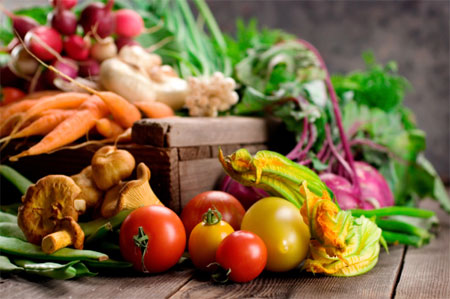Organic food may not necessarily be good for you or the environment
Posted on: 20/Oct/2016 4:57:25 PM

The total retail market for organic products in the United States was valued at over $39 billion in 2016. But the question still remains - are organic foods actually better for both you and the environment?
Say experts, Contrary to popular belief, an organic diet isn’t chemical-free. In fact, organic farmers can still use natural pesticides and fungicides to keep crop-destroying insects at bay and studies show that they aren’t necessarily better for you or the soil than synthetic ones. Labels tend to be misleading, too. If a food product’s package simply says organic, it only has to contain 95 per cent organic ingredients. Even if you’re extra-careful to only consume food that’s labeled 100 per cent organic. Adding to the confusion, other studies suggest that organic farming methods can actually increase important nutrients in foods, and some agricultural experts say they improve soil quality. In short, there’s no surefire answer for whether or not you’re wasting your money - but at the end of the day, production methods vary greatly for both organic and conventional foods from one farm to another.







